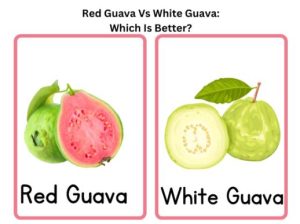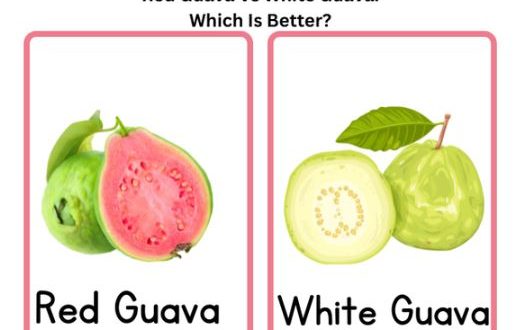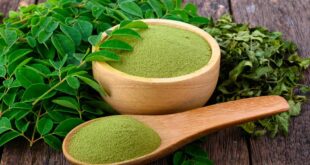Both red guava and white guava are nutritious and delicious, but they have some differences in flavor, appearance, and nutrient content. Here’s a comparison to help you decide which might be better for your needs:

Red Guava (Pink or Red Flesh)
- Nutritional Content: Higher in Lycopene: Red guavas contain lycopene, a powerful antioxidant that gives them their red or pink color. Lycopene has been linked to a reduced risk of certain cancers and cardiovascular diseases. Rich in Vitamin C: Both red and white guavas are high in vitamin C, but red guava may offer slightly more.
- Taste: Sweeter and milder compared to white guava, making it more appealing to some people.
- Health Benefits: Antioxidant-Rich: Lycopene has antioxidant properties that help fight oxidative stress and inflammation. Heart Health: May support heart health through its rich antioxidant profile.
White Guava
- Nutritional Content: Higher Fiber: White guava often contains more dietary fiber than red guava, which is beneficial for digestion and gut health. Rich in Vitamin C: White guavas are also packed with vitamin C, which boosts immunity and skin health.
- Taste: Tends to have a stronger, more distinct flavor that is slightly tart, making it ideal for those who prefer more tangy fruits.
- Health Benefits: Supports Digestion: The higher fiber content may aid in better digestion and help regulate bowel movements. Lowers Blood Sugar: Some studies suggest white guava helps lower blood sugar levels, making it a good option for people managing diabetes.

Which Is Better?
It depends on what you are looking for:
- For antioxidants and a sweeter taste: Red guava is better due to its higher lycopene content.
- For fiber and a tangier flavor: White guava is better, especially for digestive benefits.
Both varieties are highly nutritious and can be included in a balanced diet.
 Gistfox Your News Window To The World
Gistfox Your News Window To The World 




